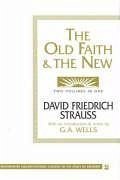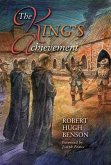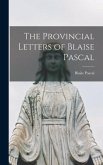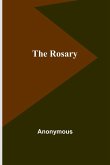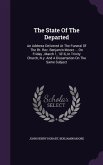German philosopher and radical theologian David Friedrich Strauss (1808-1874) distinguished himself as one of Europe's most controversial biblical critics and as an intellectual martyr for freethought. His first work, The Life of Jesus Critically Examined (1835), which exposed the inconsistencies and contradictions in the gospel accounts of Jesus' life, led to his dismissal from his teaching post at the University of Tubingen. In 1839 he was elected to a chair of theology at the University of Zurich, but the storm of clerically organized protest prevented him from taking up the appointment. In his final work, The Old Faith and the New (1872), Strauss abandons Christianity altogether and turns to a critique of theism in general: Relying on contemporary science and leading philosophers, he rejects God as the creator of the universe and humankind, the divinity of Christ, and the reality of miracles (the Old Faith), thus confining religion to the domains of history, myth, and ethics. With the Christian cosmology undermined, Strauss constructs a new view of the universe and humanity's place in it which is grounded in science and technology, Darwinian evolution, and inductive reasoning (the New Faith), all of which hold out the hope of finding true solutions to human problems.
Hinweis: Dieser Artikel kann nur an eine deutsche Lieferadresse ausgeliefert werden.
Hinweis: Dieser Artikel kann nur an eine deutsche Lieferadresse ausgeliefert werden.

